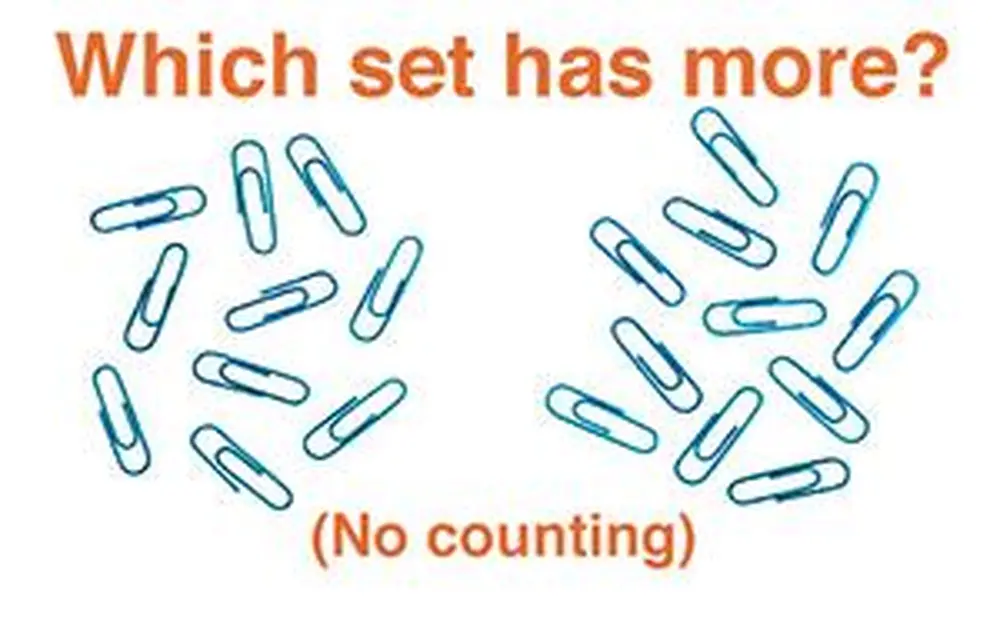

Want your child to do better at math? Ask her to try guessing.
Psychology researchers found that children who practiced tasks that required them to approximate, or roughly evaluate, the number of objects in a set—without counting them—performed significantly better on arithmetic tests immediately afterward than students who evaluated other object qualities.
“Previous studies have tested whether children who are better at intuitive number tasks also have higher math grades or perform better on math tests,” says Illinois psychology professor Daniel Hyde, who conducted the research with Saeeda Khanum of Quaid-i-Azam University in Islamabad, and Elizabeth Spelke of Harvard University. “We showed that practice on these kinds of tasks actually causes better math performance in children.”
In the study, researchers compared math quiz scores of first-graders who were first asked to evaluate the number of objects in a set without counting them to the scores of other children who performed alternate tasks, such as comparing the brightness of two objects or adding the lengths of lines.
If it was a real quiz, Hyde says, the children who performed the approximation task would have scored about a letter grade and a half higher than those who didn’t.
“For easier problems, where all children are very accurate, those who practiced engaging what we call their ‘intuitive sense of number’ performed roughly 25 percent faster than children practicing a control task,” Hyde says. “For more difficult problems, children engaging their intuitive sense of number scored roughly 15 percentage points higher than those practicing a control task.”
Additional experiments helped the team rule out other factors—such as greater motivation or level of cognitive engagement—that might contribute to the guessers’ enhanced math performance. The researchers also varied the difficulty of the arithmetic tests to see if the benefits of practicing intuitive judgments about the number of objects enhanced the children’s speed or accuracy, or both.
Similar improvements were not seen on a verbal test, “suggesting the enhancing effect is specific to mathematics and is not due to general motivation or interest in the training task,” Hyde says.


